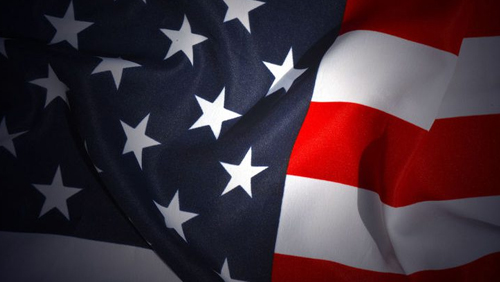As the U.S. gambling industry still struggles to determine what (or who) convinced the Department of Justice (DOJ) to change its opinion of the Federal Wire Act, many jurisdictions and entities in the space are already looking to stop the department in its tracks. There have been rumors that lawsuits are going to be entered against the DOJ in the very near future and New Hampshire has now said that, if necessary, it will certainly look to make the department answer for its decision.
 The New Hampshire Lottery asserts that the new DOJ opinion could potentially cause the state to lose $5 million, if not more, in annual revenue it receives from online sales. That money is used to help fund public schools and its loss would mean that New Hampshire would not be able to provide a solid education for its children.
The New Hampshire Lottery asserts that the new DOJ opinion could potentially cause the state to lose $5 million, if not more, in annual revenue it receives from online sales. That money is used to help fund public schools and its loss would mean that New Hampshire would not be able to provide a solid education for its children.
According to Charles McIntyre, the executive director of the lottery, “Certainly at the very narrowest interpretation we are looking at $4 million to $6 million this year and $6 million to $8 million next year, as this represents what we are selling now through the internet online channel.” He made his comments to the New Hampshire Union Leader media outlet, adding, “But the threat goes further. As was pointed out by the attorneys general of New Jersey and Pennsylvania in a letter urging acting Attorney General Matthew Whitaker to overrule the opinion, it’s possible that crimes could be committed if “the interstate transmission of information is merely incidental to betting that is otherwise entirely lawful under state law.”
The DOJ had previously stated that the Federal Wire Act only applied to sports gambling and that only interstate remote gambling tied to sports wagers is illegal. However, it recently reversed that opinion – after a long nine years – stating that its previous stance was “misinterpreted.”
If the Wire Act does cover all types of gambling, any activity such as online lottery ticket sales across state lines and multi-state lotteries, such as the Mega Millions and the Powerball, could potentially be considered illegal. Additionally, player liquidity pooling in games such as online poker would also be against the rules.
The Attorneys General (AG) for both New Jersey and Pennsylvania have already spoken up about the questionable reversal. However, Pennsylvania AG Josh Shapiro has ordered casinos and gambling operators to adhere to the new opinion and to ensure that all of their equipment – including servers and money processors – are within the state’s boundaries.
These limitations may not be possible for some states, including New Hampshire, that rely on revenue from online lottery sales. As McIntyre explained to another media outlet, WMUR, “We spent a lot of time and energy doing the right thing, doing it the right way that had been set out years prior. And then to have this thing happen out of the blue is remarkable in a negative way.”
New Hampshire most likely wouldn’t be the only state to go after the DOJ, either. According to a statement by the North American Association of State and Provincial Lotteries, which represents a large number of lotteries in both the U.S. and Canada, “The recent United States Department of Justice (DOJ) reinterpretation of the Wire Act of 1961 creates a substantially detrimental impact on the lottery industry, including traditional retail-based draw and instant lottery games, as well as traditional lottery games offered over the Internet, and the billions of dollars for good causes lotteries provide.”